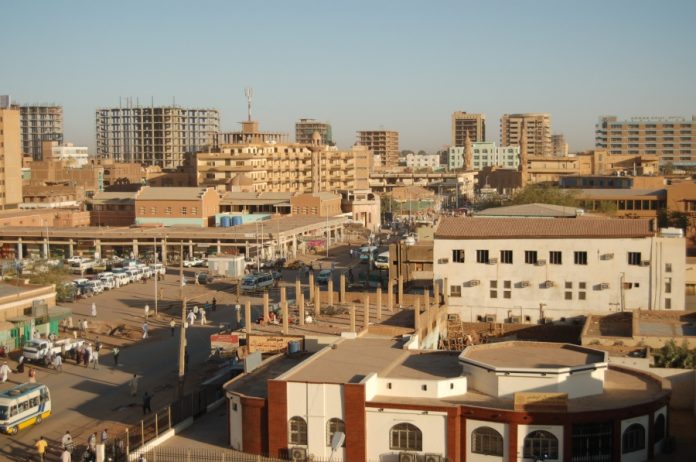Kenya – Smart Cities
Kenya broke ground in Phase One of a $10 billion smart city some 60 kilometers southeast of Nairobi, moving the country a step closer to solidifying its position as East Africa’s business hub and so-called Silicon Savannah. The 5,000-acre Konza Techno City (http://www.konzacity.co.ke) is being built in four five-year phases with public-private financing. Konza Technopolis Development Authority (KOTDA), the brand new entity established to oversee the operations, is paving the way for individuals and small companies to invest in the project. Upon completion, Konza city is expected to create more than 200,000 jobs, promote world-class research, education and business to encourage innovation, and boost the local IT industry to a level rivaling that of India, Mauritius and South Africa for export of related services.
Pan Africa – Remittances
African migrants around the world pay more than other groups to send money back home, costing them and their families a hefty $4bn a year, according to the World Bank. The bank says Africa’s overseas workers sent close to US$60 billion in remittances in 2012, but paid a premium over other migrant groups to do so. The average remittance cost in Sub-Saharan Africa in 2012 was 12.4 percent, compared with 8.9 percent worldwide and 6.5 percent in South Asia, the lowest cost region, the bank says. It notes that leading developed countries have set a target of 5.0 percent for the average remittance price by 2014. South Africa was the most expensive destination country in Africa, with prices averaging 20.7 percent, followed closely by Tanzania and Ghana, “due to several factors including limited competition in the market for cross-border payments,” the bank says.
Pan Africa – Ocean freight
The European Shippers’ Council and the Union of African Shippers’ Councils held their inaugural annual meeting on March 6 in Brussels, Belgium, under a Framework Agreement for Cooperation and communication between the two entities signed last July. The talks focused on matters of common interest, including the exchange of news on the ESC website (www.europeanshippers.eu); capacity-building and training; exchange on the weighing of containers; freight issues; the Rotterdam Rules, which govern contracts for the international carriage of goods by sea; African ports development; and the Cargo Tracking Note (official loading certificate).
Pan Africa – China
China’s vice-foreign minister Zhai Jun warned Chinese companies operating in Africa to behave like “image ambassadors,” treating local staff better and the environment with more respect, obeying local laws and customs, and giving back to local societies. The warning, which addressed complaints raised by Africans about the behavior of Chinese companies in Africa, came on the eve of the arrival in Tanzania of China’s new president, XI Jinping, for a tour of Africa that included visits to the Democratic Republic of Congo and South Africa. The warning also came amid worries in Beijing that African and Western governments are likening China’s increasingly dominant role in Africa’s economic development to a new form of imperialism. “Don’t provide excuses to those people with an ulterior motive for denigrating the Sino-African relationship,” The Times of London quoted Zhai as saying. “Making a massive one-off fortune is short-sighted. Draining the pond to get all the fish is even more immoral.”
Pan Africa – Travel
The International Air Transport Association’s latest figures on premium (business and first class) travel shows substantial growth in African and the Middle East markets. Premium travel results for emerging markets were robust in January compared to a year ago: Africa-Middle East routes grew by 10.9 percent and headed the table. Flights within the Far East grew 4.6 percent, while Africa to the Far East grew 10.3 percent. Premium travel markets are driven largely by demand for business travel. World trade is a good proxy for business travel not only because of the link to manufacturing activity, but also because it is associated with international industries like banking and consultancy. International trade in emerging economies has been increasing at a stronger rate, helping sustain demand for business-related premium travel, IATA said.













